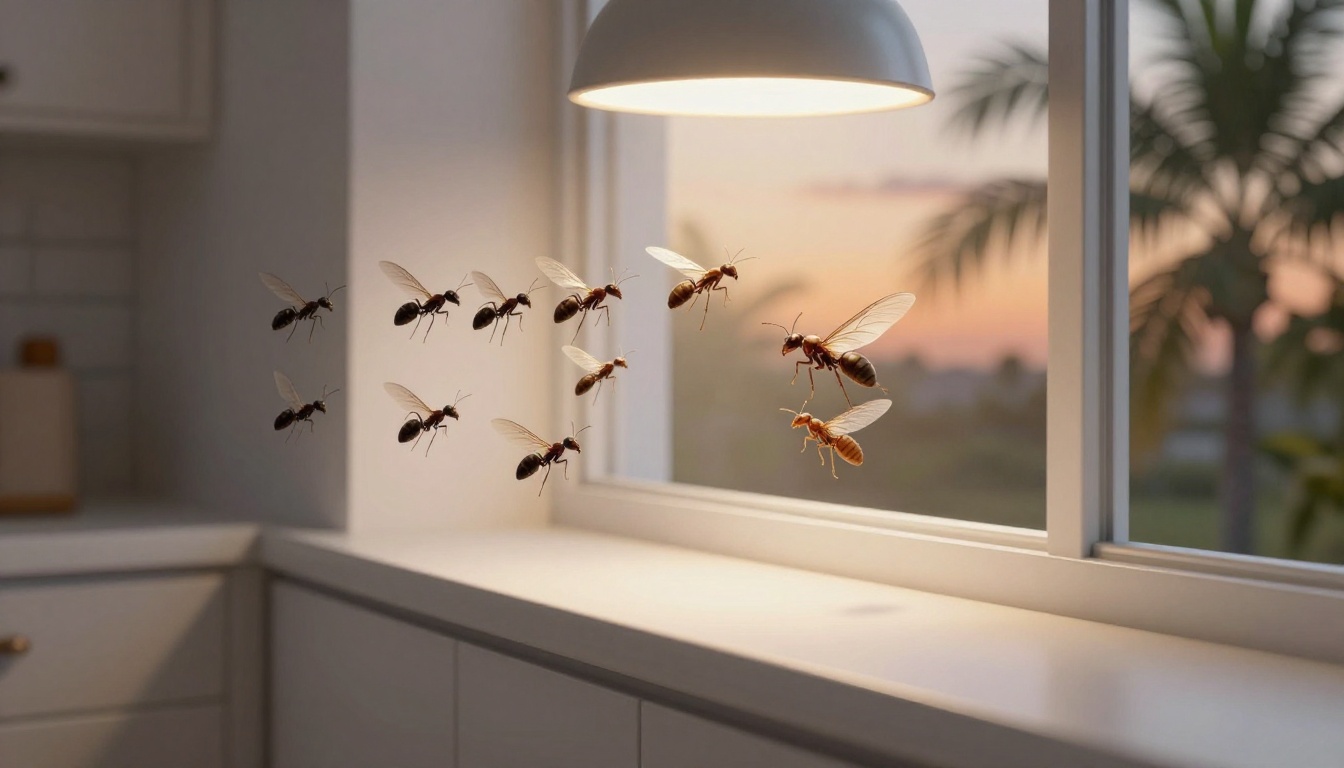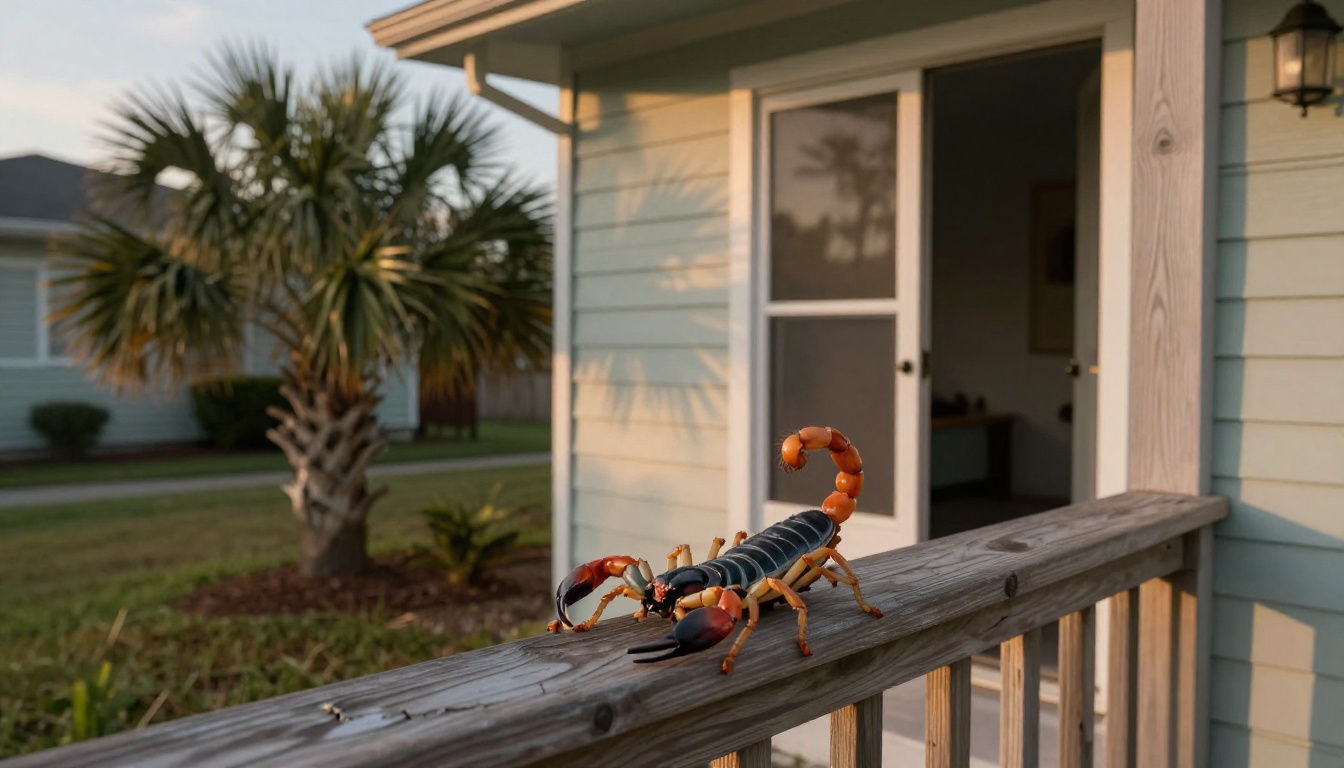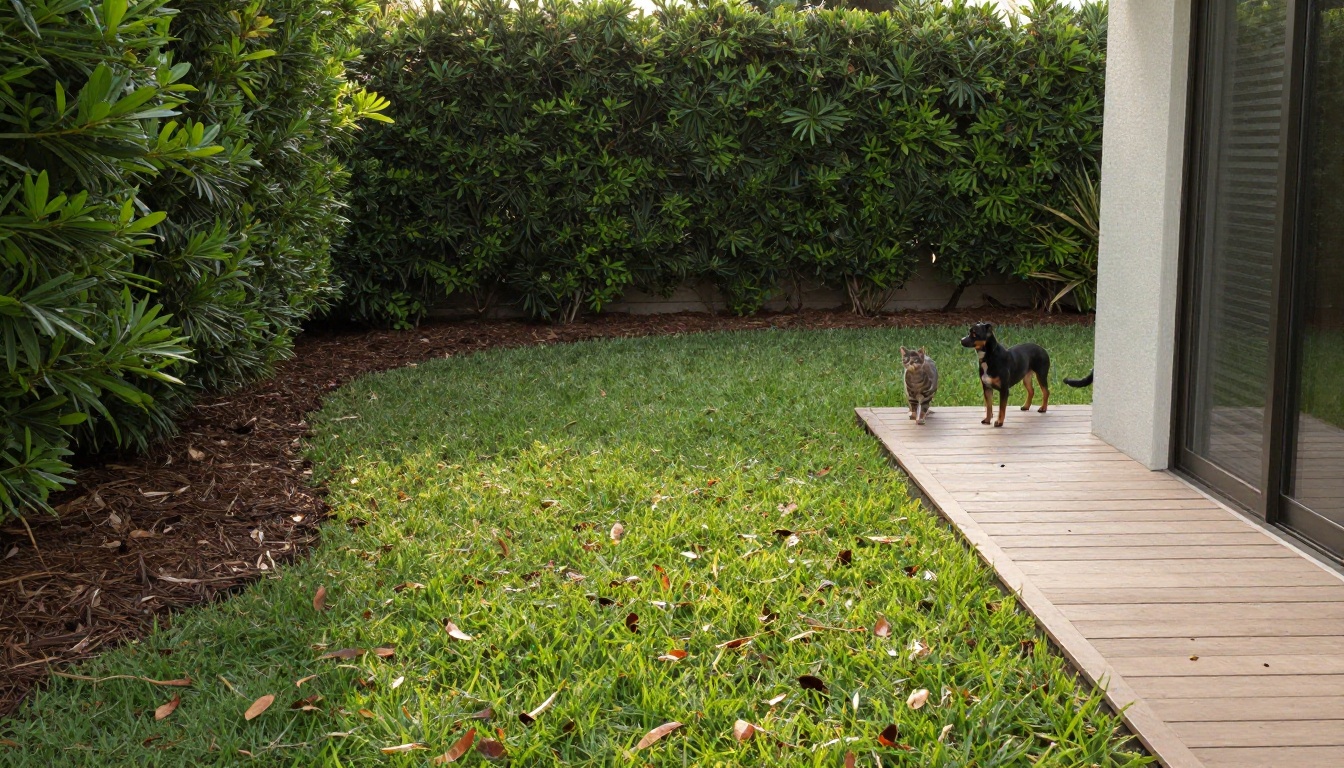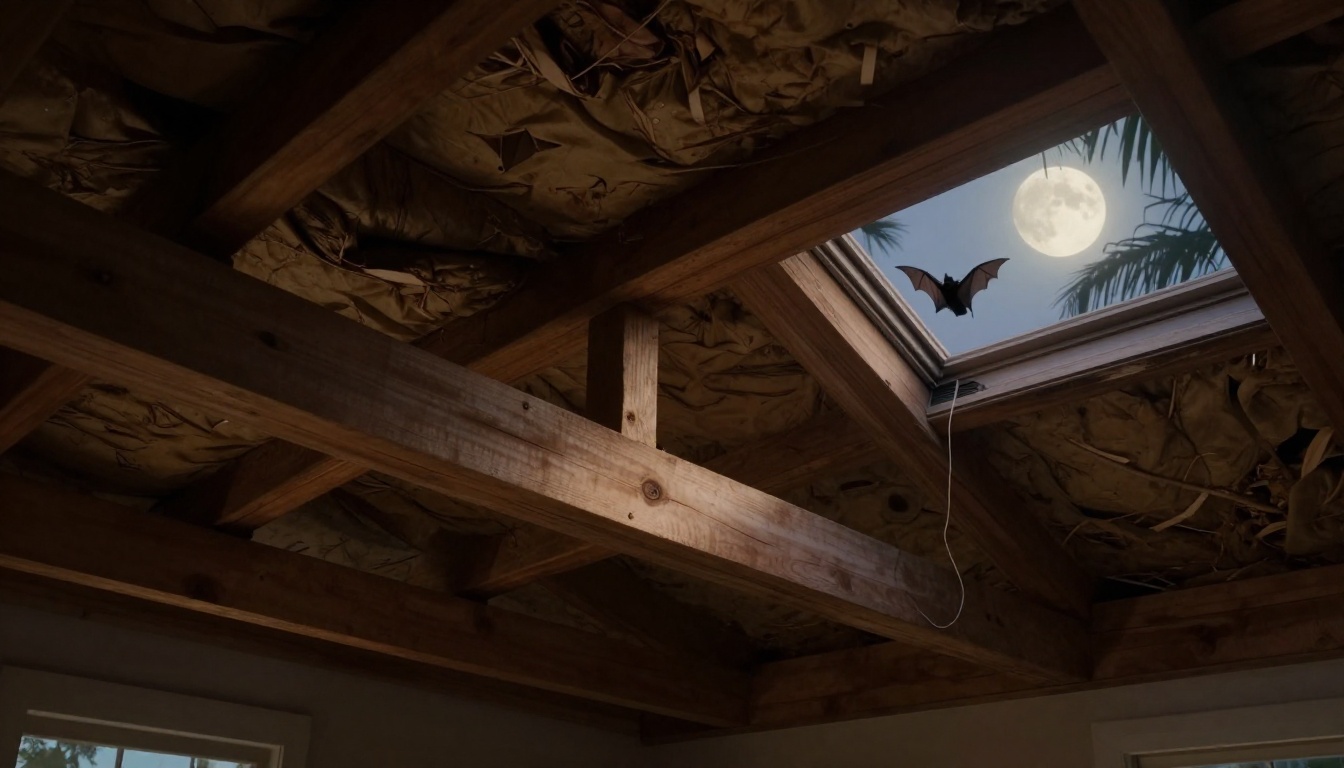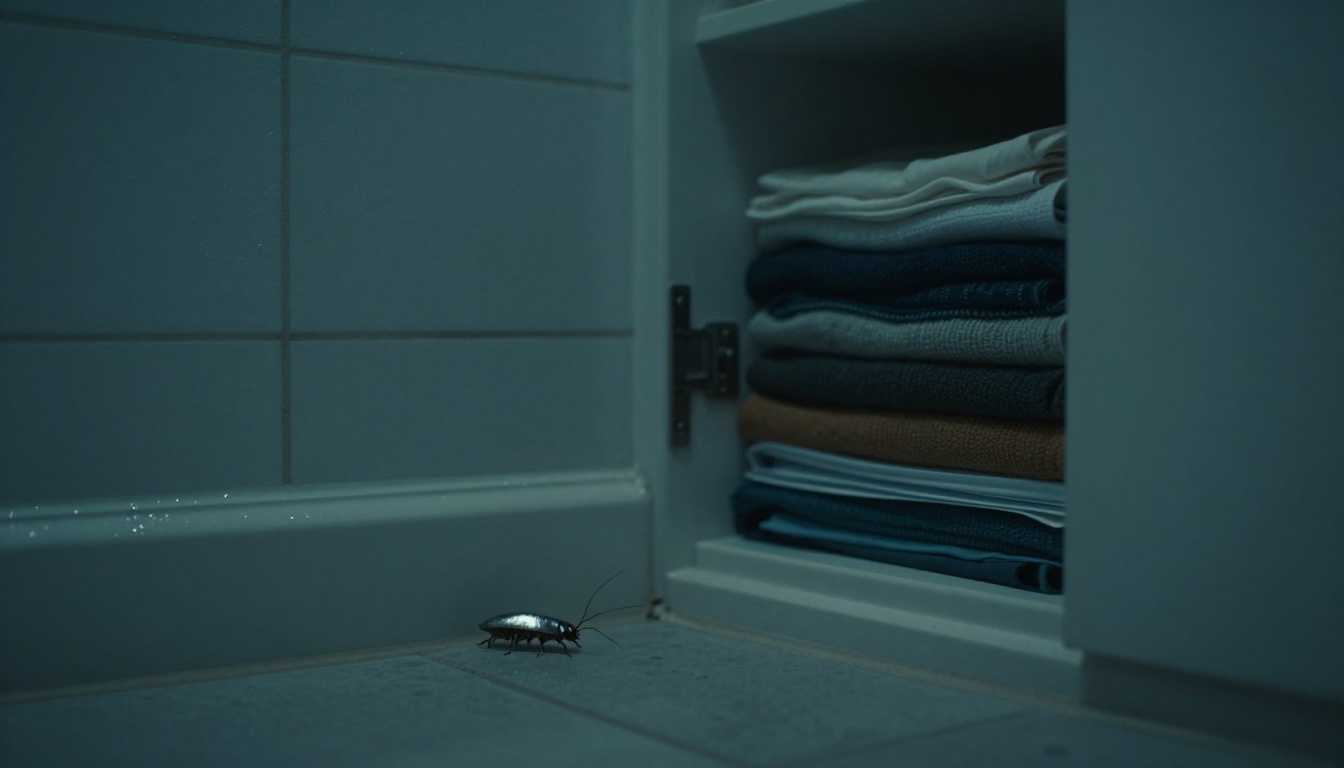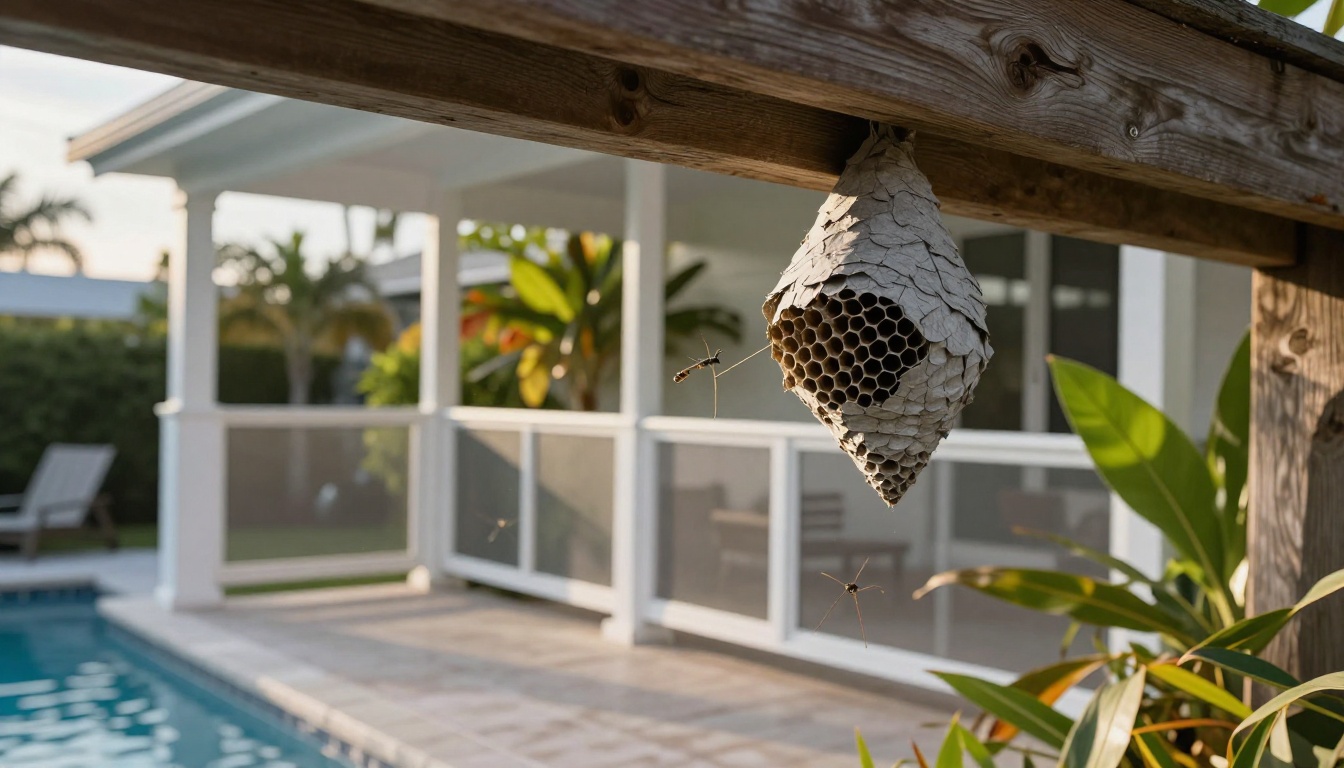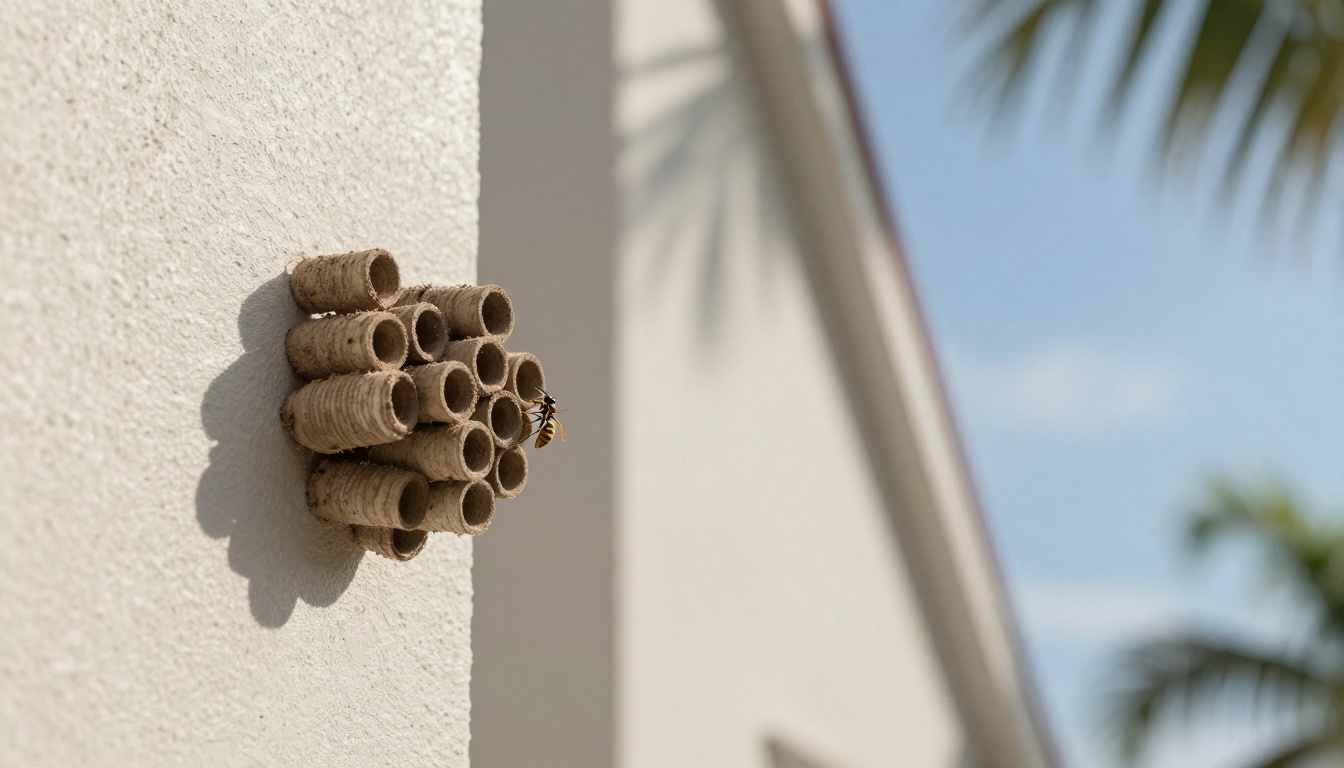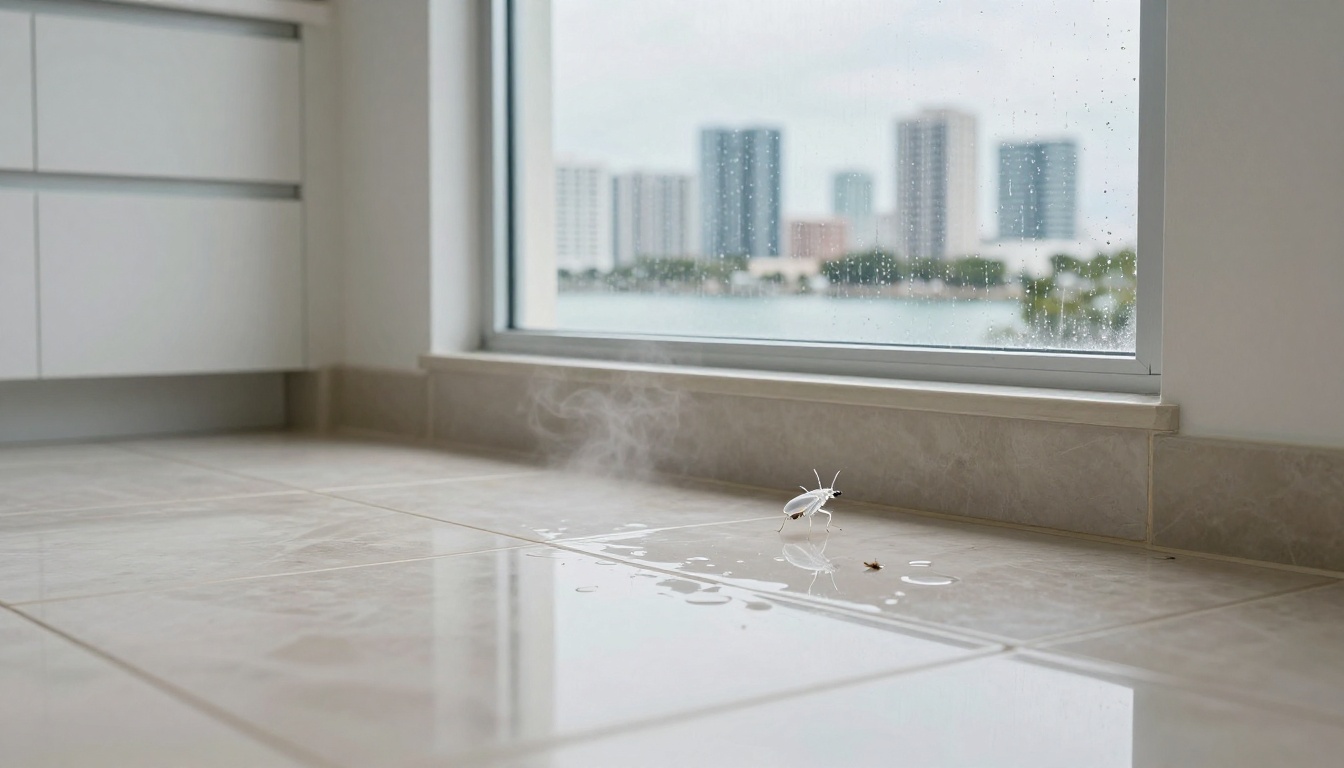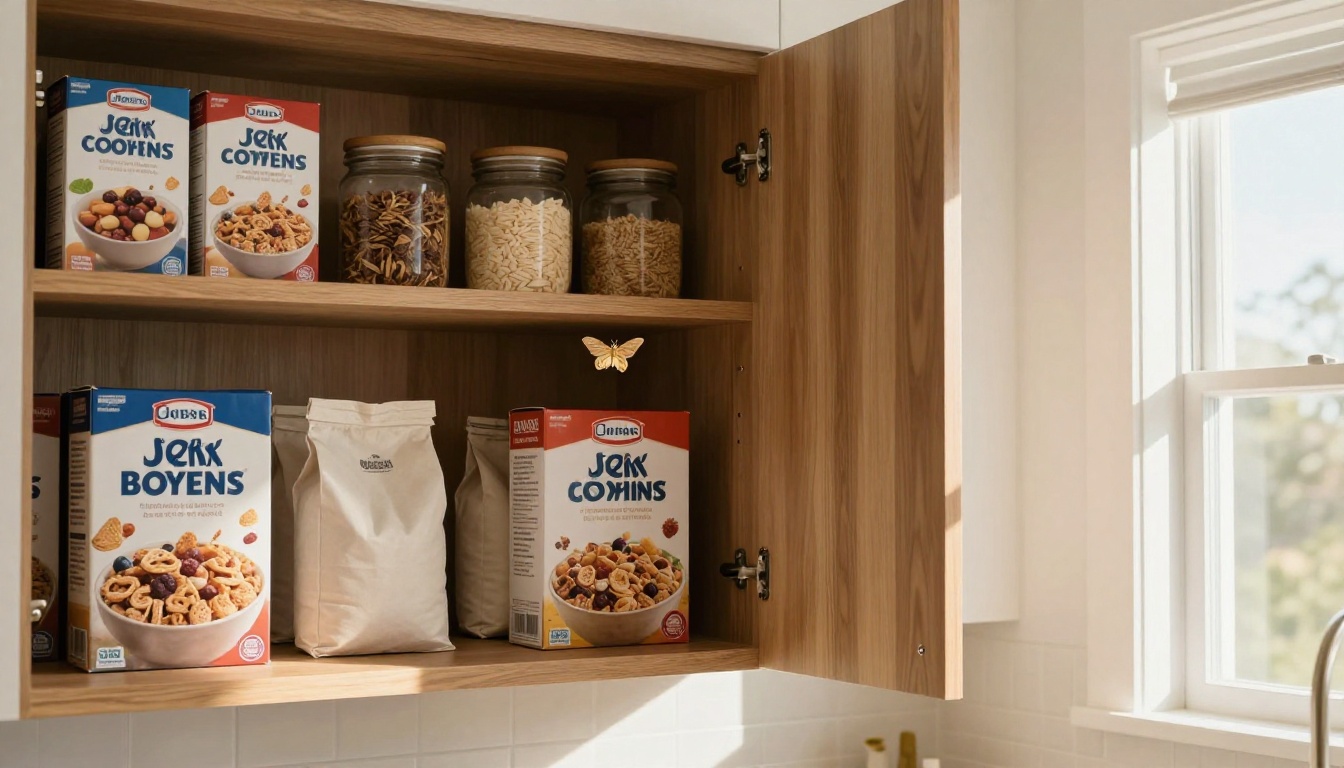The Ultimate Guide to Bug Prevention in Florida Homes
Understanding Florida’s Bug Problem
Florida’s warm, humid climate is a paradise for more than just beachgoers and retirees—it’s also a haven for pests. The state’s subtropical environment provides the perfect conditions for bugs to thrive year-round. Unlike colder regions where pests are often seasonal, Florida homeowners face the challenge of dealing with insects and other pests 12 months a year. The combination of high humidity, consistent warmth, and lush vegetation creates an ideal breeding ground for a wide variety of pests, making bug prevention a top priority for Florida residents.
Common Pests in Florida Homes
Florida is home to a diverse array of pests, many of which can invade homes and cause significant problems. Some of the most common pests include:
- Cockroaches : These resilient insects are a frequent nuisance in Florida homes. German cockroaches and American cockroaches (often called palmetto bugs) are particularly prevalent. They thrive in warm, moist environments and can spread bacteria.
- Mosquitoes : Known for their itchy bites and ability to transmit diseases like West Nile virus and dengue fever, mosquitoes are a constant concern in Florida due to the state’s abundant standing water and humid conditions.
- Ants : From fire ants to carpenter ants, these tiny invaders can cause big problems. Some species, like carpenter ants, can even damage wooden structures.
- Termites : Florida’s warm climate is a magnet for termites, which can cause extensive damage to homes by feeding on wood. Subterranean termites are especially common.
- Palmetto Bugs : A type of large cockroach, palmetto bugs are infamous in Florida. They often enter homes in search of food and water, and their size can be alarming to homeowners.
Why Florida’s Climate Attracts Bugs
Florida’s climate is a dream for pests. The state’s high humidity levels provide the moisture that many insects need to survive and reproduce. Year-round warm temperatures eliminate the natural die-off that occurs in colder climates, allowing pests to thrive continuously. Additionally, Florida’s lush vegetation offers ample shelter and food sources for bugs. Dense foliage, standing water, and tropical plants create an ecosystem that supports a wide variety of pests, making it essential for homeowners to stay vigilant.
Identifying Vulnerable Areas in Your Home
Understanding where pests are most likely to enter and settle in your home is the first step in effective bug prevention. By identifying and addressing these vulnerable areas, you can significantly reduce the likelihood of an infestation.
Entry Points to Watch For
Bugs are experts at finding ways into your home, often through tiny, overlooked openings. Common entry points include:
- Cracks in walls and foundations : Even the smallest cracks can serve as entryways for ants, cockroaches, and other pests.
- Gaps around windows and doors : Poorly sealed windows and doors are easy access points for bugs. Weather stripping and door sweeps can help close these gaps.
- Openings around plumbing and electrical lines : Pipes and wires that enter your home often leave small gaps that pests can exploit. Sealing these openings with caulk or foam can block their entry.
Indoor Areas Prone to Infestations
Once inside, pests tend to gravitate toward specific areas of your home where they can find food, water, and shelter. These include:
- Kitchens and pantries : Crumbs, spills, and improperly stored food make kitchens a hotspot for ants, cockroaches, and rodents.
- Bathrooms : The moisture in bathrooms attracts pests like silverfish, cockroaches, and even mosquitoes.
- Basements and attics : These less-frequented areas provide the dark, quiet spaces that pests like spiders and rodents prefer.
Preventative Measures to Keep Bugs Out
Preventing pests from entering your home requires a combination of proactive measures. By addressing entry points, maintaining cleanliness, and managing your outdoor spaces, you can create an environment that is less inviting to bugs.
Sealing Entry Points
One of the most effective ways to keep pests out is to eliminate their access points.
- Use caulk to seal cracks and gaps in walls, foundations, and around windows and doors.
- Install weather stripping around doors and windows to close any gaps.
- Add door sweeps to the bottoms of exterior doors to block crawling insects.
- Seal openings around plumbing and electrical lines with expanding foam or silicone caulk.
Maintaining a Clean Home
A clean home is less attractive to pests. Regular cleaning and proper food storage can go a long way in preventing infestations.
- Sweep and mop floors regularly to remove crumbs and spills.
- Wipe down countertops and tables after meals.
- Store food in airtight containers to prevent access by ants and cockroaches.
- Dispose of trash promptly and use trash cans with tight-fitting lids.
Managing Outdoor Spaces
Your yard and outdoor areas can either attract or deter pests. Proper landscaping and maintenance are key.
- Trim vegetation and tree branches that are close to your home to eliminate bridges for pests.
- Remove standing water from items like birdbaths, flowerpots, and gutters to reduce mosquito breeding grounds.
- Store firewood and debris away from your home to prevent termites and other pests from nesting nearby.
Natural Remedies for Bug Prevention
For those who prefer eco-friendly solutions, natural remedies can be an effective way to deter pests without using harsh chemicals.
Essential Oils and DIY Sprays
Certain essential oils are known to repel pests. You can create DIY sprays by mixing these oils with water.
- Peppermint oil : Effective against ants and spiders. Spray it around windows, doors, and other entry points.
- Citronella : A well-known mosquito repellent. Use citronella candles or sprays in outdoor areas.
Plants That Repel Bugs
Incorporating pest-repelling plants into your landscaping can provide a natural barrier against bugs.
- Lavender : Repels mosquitoes, flies, and moths.
- Basil : Keeps flies and mosquitoes at bay.
- Marigolds : Their scent deters aphids, mosquitoes, and other pests.
Professional Pest Control Options
Sometimes, despite your best efforts, pests can become a persistent problem. In such cases, professional pest control services can provide the expertise and tools needed to eliminate infestations.
When to Call a Professional
It’s time to call in the experts if:
- You notice signs of a severe infestation, such as large numbers of pests or structural damage.
- DIY methods have failed to resolve the problem.
- You’re dealing with pests that are difficult to eliminate, like termites or bed bugs.
Types of Pest Control Services
Professional pest control companies offer a range of services to address different needs:
- Preventative treatments : Regular treatments to keep pests from entering your home.
- Termite inspections and treatments : Essential for protecting your home’s structure.
- Mosquito control programs : Targeted treatments to reduce mosquito populations in your yard.
Seasonal Bug Prevention Tips
Florida’s climate varies slightly throughout the year, and your pest prevention strategies should adapt accordingly.
Summer Strategies
Summer is peak pest season in Florida. To stay ahead:
- Increase mosquito control efforts by eliminating standing water and using repellents.
- Keep air conditioning units well-maintained to reduce indoor humidity.
Winter Strategies
While Florida winters are mild, some pests seek warmth indoors during cooler months.
- Inspect your home for cracks and gaps that pests might use to enter.
- Seal openings before the cooler weather sets in.
Long-Term Bug Prevention Habits
Consistency is key to keeping your home pest-free. By adopting long-term habits, you can minimize the risk of infestations.
Regular Home Inspections
- Schedule routine checks for signs of pests, such as droppings, nests, or damage.
- Inspect outdoor areas for potential breeding grounds, like standing water or overgrown vegetation.
Consistent Maintenance Practices
- Clean gutters regularly to prevent water buildup, which attracts mosquitoes and other pests.
- Repair damaged screens and vents to keep bugs from entering your home.
Schedule a Free Inspection:
